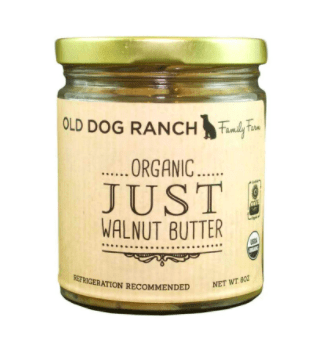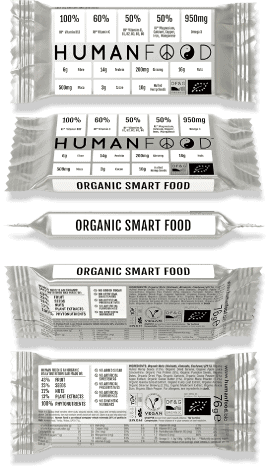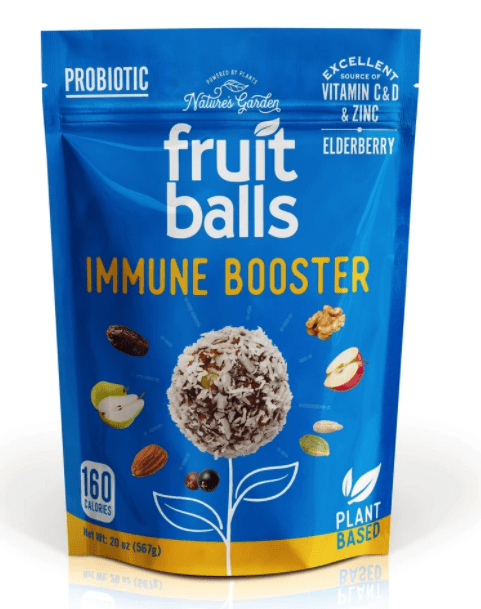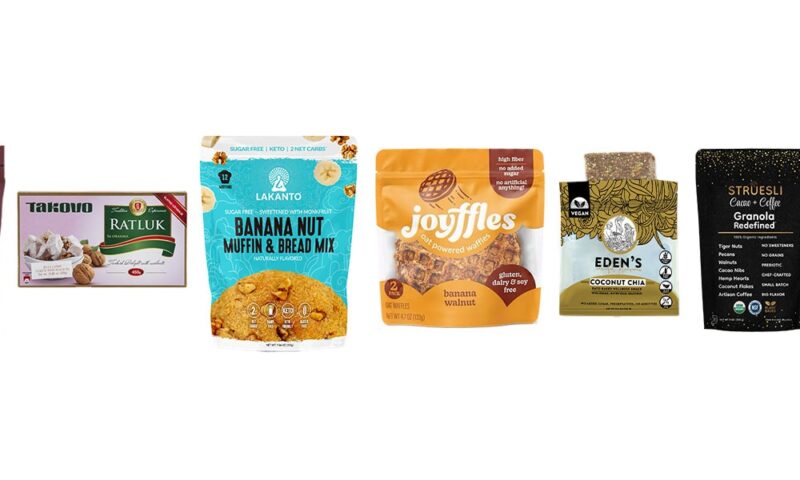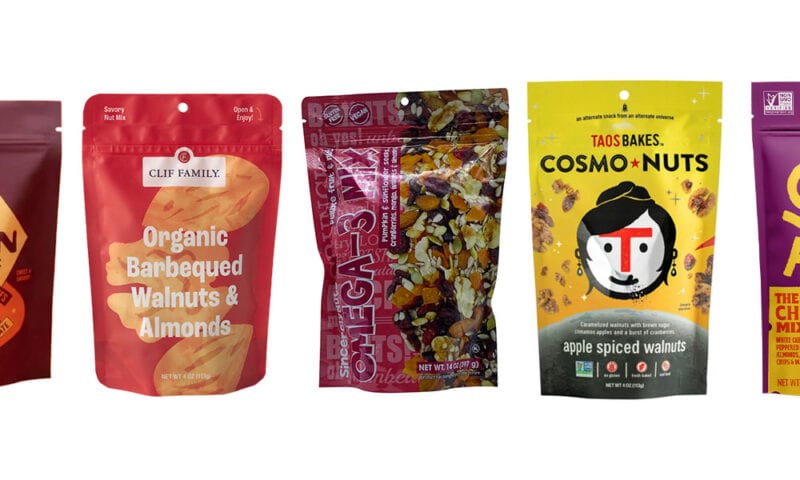Although April is Earth Month, food and beverage manufacturers have moved sustainability initiatives and marketing efforts to a year-round commitment. Many of these companies formulate with walnuts and follow sustainable practices that are helping the environment, one plant-based product at a time. California walnut growers and processors have been caring for the land, sharing a commitment to public health and supporting communities since 1867, a long heritage that has inspired improvements in growing practices that lessen the impact on the earth.
An Innova Consumer Survey 2020 indicated that one of the top four reasons for considering plant-based alternatives was sustainability. As consumers are powering up on plant-forward diets, opportunities — and challenges relating to regional consumer preferences and sustainability preferences — are attracting attention. Further, ADM’s Top Five Global Trends report showed that two-thirds (65%) of consumers want to have a positive impact on the environment through their everyday actions. This, according to ADM, is “a key reason why 32% of consumers buy sustainably produced items.” The growing awareness, ADM notes, of collective impact on the environment has elicited increasing demand for companies to demonstrate their sustainability commitment beyond just the end product to responsible sourcing and operating standards.
The California Walnut Commission operates on a Sustainability Platform of five pillars: people and community; sustainable nutrition and human health; environmental stewardship; food safety; and economic health. Not only do we depend on the sustainable harvest of walnuts through healthy, strong communities that grow and process walnuts, but we place importance on passing sustainability education to consumers and new generations of growers.
And consumers are becoming more knowledgeable about where their food comes from year after year. FoodNavigator-USA reports that in the coming year, consumers will find a growing selection of eco-friendly products that reduce their carbon footprint, including plant-based and plant-blended meats, sustainably packaged products and more. Concerns about sustainability are expected to drive the plant-forward diet movement in the year to come and beyond, also brought to light in consumer insight company, FMCG Gurus’ Top 10 Trends for 2021 webinar. The Power of Plants came in at No. 4, as a trend that will have an impact on food, beverage and supplement markets in 2021.
So, which made-with-walnuts product innovators are leading the sustainability cause? Here are few that have included sustainable practices built into their business model:
Just Walnut Butter, Old Dog Ranch
The ranch mentioned in the company name is a fifth-generation family farm on the Calaveras River in Northern California. Since 1912, the family has used sustainable farming practices, the site shares, “following organic standards and are certified organic by CCOF.” The toasted and ground walnuts used to make this spread are packaged in recyclable, 8 oz jars. There are two grams of protein and one gram of dietary fiber per serving
White Bar, Human Food
Human Food bars are made specifically to support a plant-forward diet and contain no added sugar, no GMOs, no soy and no artificial flavors, colorings or sweeteners. White Bar contains walnuts and is made with 100% whole foods and whole-food extracts, including maca, ginseng, cacao, dried banana, dried figs and apricots.
Fruit Balls, Nature’s Garden
Nature’s Garden is committed to both functionality and sustainability, evidenced in resealable and recyclable packaging. There are 70 balls in a 20 oz pouch, and the balls are made with walnuts, coconut flakes, apple juice, date paste, pear puree, strawberry puree, dried cranberries and dried blueberries. There are three grams of protein and three grams of fiber per serving.
Vanilla Glazed Omega-3, Second Nature
Second Nature’s family of brands’ vision looks for thoughtful ingredient sourcing with a focus on nature. The mission, through new product development, is to “seek out opportunities that feed our communities and help nature thrive.” One such product is a blend of glazed walnuts, dried blueberries and dried cranberries that is high in omega-3 alpha-linolenic acid (ALA) and low in sodium, per each 1 oz serving.
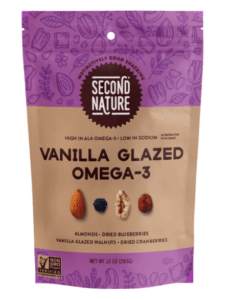
Read more about the California Walnut Commission’s efforts in sustainability.

